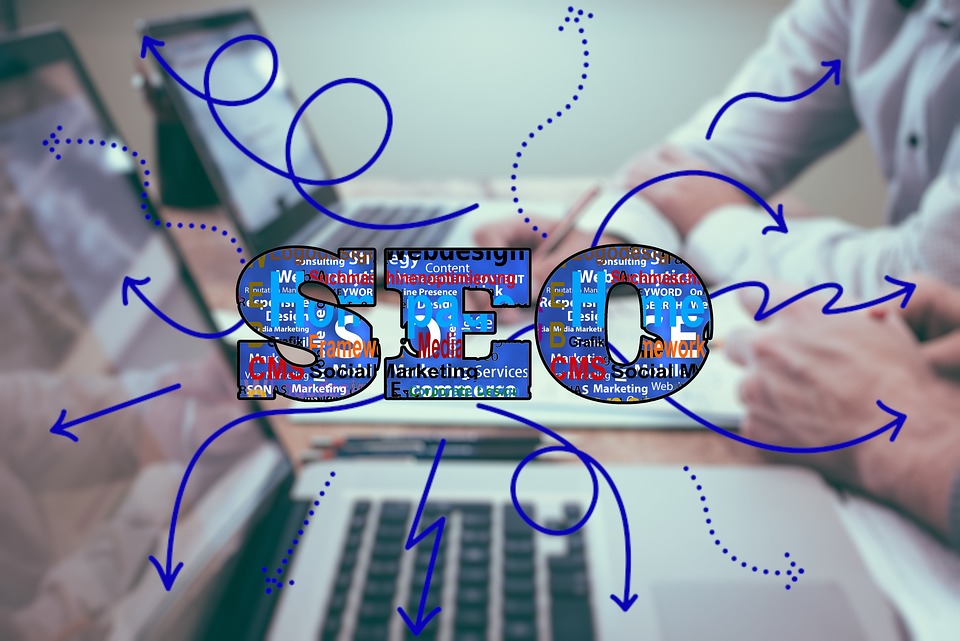Finding the perfect website developer for your business is crucial in today’s digital age. A well-designed and functional website can greatly enhance your online presence, attract more customers, and increase your revenue. However, with so many website developers out there, how do you find the one that is the perfect fit for your business? In this article, we will discuss some essential tips to help you find the right website developer to meet your business needs.
1. Define your website goals: Before you start searching for a website developer, it is important to have a clear understanding of what you want to achieve with your website. Are you looking to sell products online, generate leads, provide information, or simply establish an online presence? Defining your goals will help you communicate your requirements effectively to potential developers.
2. Assess their portfolio: A developer’s portfolio is a window into their skills, creativity, and experience. Take the time to review their previous work and see if their style aligns with your vision. Look for websites that are visually appealing, user-friendly, and responsive across different devices. A strong portfolio indicates that the developer has the ability to create a website that meets your expectations.
3. Check for relevant experience: While a developer may have an impressive portfolio, it is essential to ensure that they have experience in building websites similar to what you require. If you are in the e-commerce industry, for example, look for developers who have expertise in creating online stores. This ensures that they understand the specific requirements and challenges of your industry, resulting in a more effective website.
4. Consider their technical skills: A website developer should possess a strong foundation in coding languages such as HTML, CSS, and JavaScript. Additionally, they should be proficient in using content management systems (CMS) such as WordPress, Joomla, or Drupal. Assess their technical skills to ensure they have the knowledge and expertise to build a website that is secure, scalable, and optimized for search engines.
5. Evaluate their communication skills: Effective communication is crucial throughout the website development process. A developer should be able to understand your requirements, provide regular updates, and be responsive to your queries or concerns. Look for a developer who is a good listener, asks relevant questions, and communicates in a clear and concise manner. This will ensure a smooth and collaborative working relationship.
6. Consider their pricing structure: Website development costs can vary significantly depending on the complexity of your requirements and the developer’s experience. It is essential to have a clear understanding of their pricing structure, including any additional costs for maintenance, updates, or ongoing support. While it may be tempting to opt for the cheapest option, remember that quality is paramount when it comes to your online presence.
7. Ask for references and reviews: Requesting references from past clients or reading online reviews can provide valuable insights into a developer’s reputation and work ethic. Reach out to their previous clients to inquire about their overall experience, the quality of their website, and the developer’s professionalism. Positive feedback and testimonials are a good indication of a developer’s reliability and ability to deliver results.
8. Assess their ability to meet deadlines: Timely delivery is crucial in the website development process, as delays can impact your business’s online presence and revenue. Discuss project timelines with potential developers and gauge their ability to meet deadlines. A reliable developer will provide a realistic timeline and regularly update you on the progress of your website.
9. Consider long-term support: Building a website is just the beginning; ongoing maintenance and support are equally important. Inquire about the developer’s post-launch support services, such as bug fixes, security updates, and website backups. A developer who offers long-term support ensures that your website remains functional, secure, and up-to-date.
10. Trust your instincts: Ultimately, trust your instincts when selecting a website developer. If you have a good rapport with a developer and feel confident in their abilities, it is likely that they will be a good fit for your business. Remember, you will be working closely with them throughout the development process, so choosing someone you trust and feel comfortable with is essential.
In conclusion, finding the perfect website developer for your business requires careful consideration of their skills, experience, communication abilities, and pricing structure. By defining your website goals, assessing their portfolio, and considering their relevant experience, you can find a developer who will create a website that meets your requirements and helps your business thrive in the online world.




